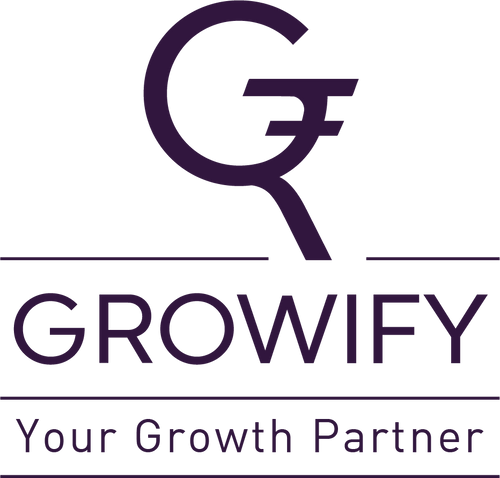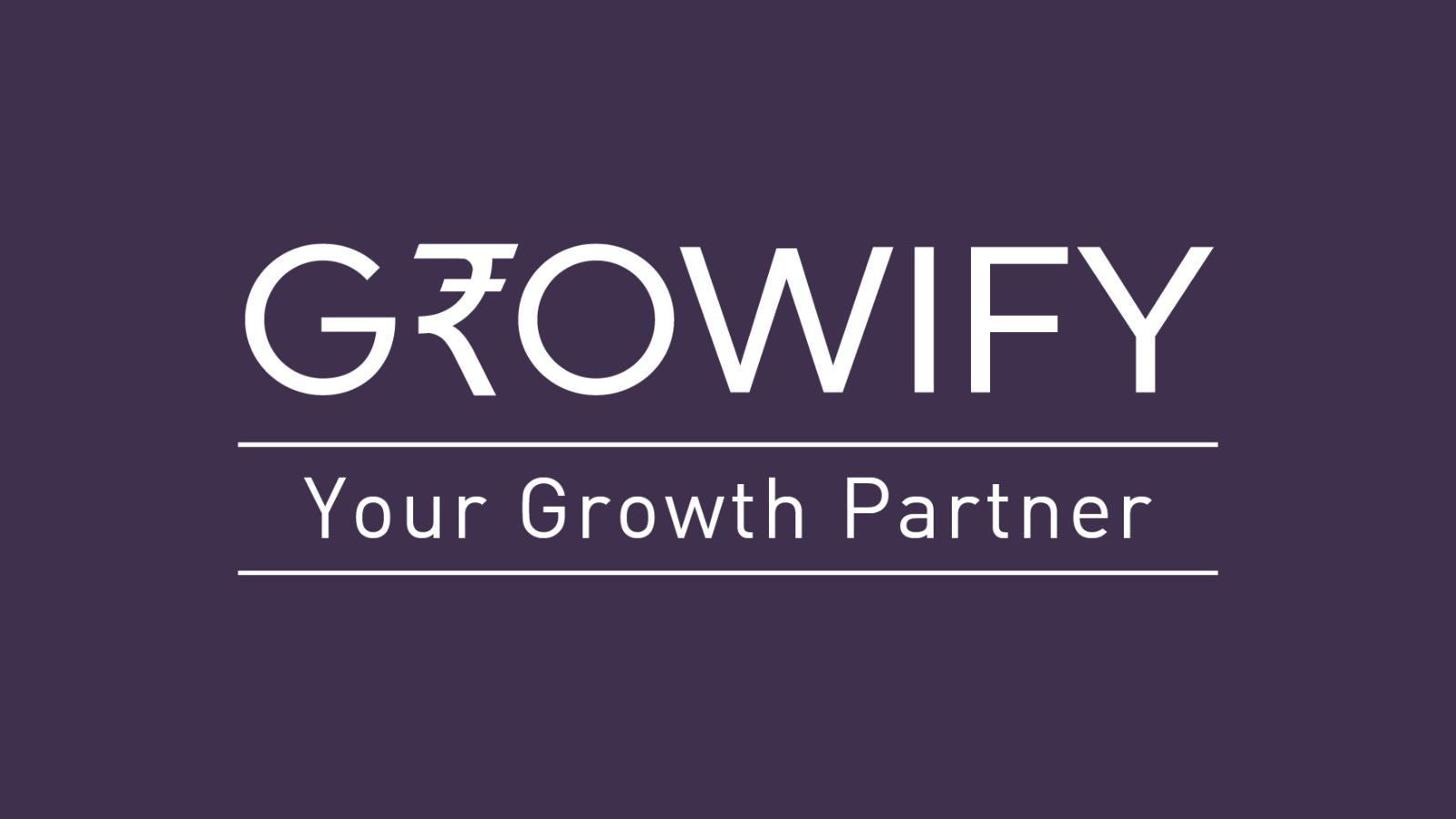The fusion of influencer marketing and AI is redefining how brands connect with consumers. What once depended on intuition and human outreach has transformed into a science powered by data, automation, and analytics. AI isn’t just a tool anymore - it’s the driving force behind a new era of intelligent influence.
As digital ecosystems expand, brands that understand and adopt influencer marketing and AI will have a significant competitive edge. The results speak for themselves: higher engagement rates, more precise targeting, and measurable ROI that was once hard to quantify.
The Rapid Growth of Influencer Marketing and AI
Influencer marketing has evolved from a niche tactic into a core marketing channel. According to Influencer Marketing Benchmark Report 2025; the global industry grew to $24 billion in 2024, up from $21.1 billion in 2023 - a 13.7% jump year over year.
Meanwhile, the AI influencer marketing space is growing even faster. The same benchmark report also shows that over 60% of brands now use AI for influencer discovery, performance tracking, and content optimization. Platforms powered by AI are expected to reach a market value of $97.5 billion by 2030, growing at a compound annual growth rate (CAGR) of 23.3%, according to a survey by Grand View Research.
AI’s analytical capabilities and automation tools have made influencer campaigns more transparent, efficient, and impactful than ever before.
How Influencer Marketing and AI Work Together
1. Smarter Influencer Discovery
Finding the perfect influencer used to take days of manual research. Today, influencer marketing and AI platforms can instantly:
- Analyze millions of influencer profiles
- Assess follower authenticity and engagement rates
- Match audience demographics and interests with brand goals
For example, AI tools can reveal whether an influencer’s followers are genuinely engaged or artificially inflated, helping brands make smarter investments. Over 55% of marketers use AI analytics to identify effective influencer matches.
Source: Latest Influencer Marketing Statistics for Marketers
2. Content Optimization and Personalization
AI’s biggest advantage lies in understanding what resonates. Through audience analysis and trend detection, influencer marketing and AI tools can recommend:
- The ideal content formats (video, reels, stories, etc.)
- Posting times for maximum engagement
- Tone, hashtags, and topics that align with brand voice
These insights empower influencers to craft content that feels authentic yet data-driven, improving reach and performance.
3. Fraud Detection and Audience Quality
Influencer fraud data remains a top concern for marketers - about 67% of brands worry about fake followers. AI-driven platforms like Influencity’s Audience Quality Score detect suspicious patterns in follower growth, engagement ratios, and posting activity.
This ensures collaborations are transparent, genuine, and deliver real impact. By filtering out fraudulent profiles, AI saves brands from wasting budget and protects campaign integrity.
Source: The Most Important Influencer Marketing Statistics for 2025
4. ROI Measurement and Predictive Analytics
Measuring return on investment used to be influencer marketing’s biggest challenge. With influencer marketing and AI, brands can now track performance across every stage of the campaign.
AI enables:
- Real-time tracking of engagement, reach, and conversion metrics
- Predictive modeling to forecast campaign success
- Clear attribution to understand which influencers truly drive results
Brands leveraging these insights report up to 20% higher conversion rates compared to those relying on manual reporting.
Source: AI for Influencer Marketing in 2025: From Hype to Real-World Impact
Why Data-Driven AI Influencer Marketing Matters
Modern consumers crave authenticity, but brands need accountability. AI bridges that gap by providing data transparency while amplifying creativity.
Benefits Include:
- Precision targeting: Understand exactly who you’re reaching.
- Scalability: Manage hundreds of influencer partnerships efficiently.
- Performance clarity: Eliminate guesswork with data-backed reporting.
- Fraud prevention: Detect fake engagement early.
- Personalization: Deliver tailored content that resonates.
According to Dash App's Influencer Marketing Statistics to Know in 2025, brands now earn an average of $4.12 for every $1 spent on influencer campaigns - a return that’s set to grow with AI integration.
Leading AI Tools Powering Influencer Marketing
The AI revolution has brought a range of tools that empower both brands and creators to work smarter:
1. Voice-Over Tools
Use AI to create natural, multilingual narrations.
Examples: Google Cloud Text-to-Speech, Amazon Polly, NaturalReader.
2. Image Creation Tools
Generate or edit high-quality visuals in seconds.
Examples: Canva, Snappa, Adobe Spark.
3. Video Creation Tools
Automate video production and editing for campaigns.
Examples: InVideo, Magisto, Animoto.
4. AI Filter & Effects Tools
Create unique looks and aesthetics across social media platforms.
Examples: TikTok Effects, Snapchat Lenses, Instagram Filters.
Together, these tools simplify the creative process while maintaining originality - a hallmark of successful AI influencer marketing campaigns.
The Challenges Ahead
Even as influencer marketing and AI evolve, a few challenges persist:
- Balancing authenticity with automation: Too much reliance on AI can make content feel robotic.
- Transparency issues: Viewers should know when content is AI-assisted or created
- Data ethics: Brands must ensure data privacy and fairness in algorithmic decision-making.
- Creative dependence: AI should enhance creativity, not replace it.
Addressing these responsibly will help brands build trust and long-term value in their influencer partnerships.
The Future of AI Influencer Marketing
The future is both exciting and inevitable. Here’s what’s next:
- Rise of Virtual Influencers: The virtual influencer market statistics are projected to reach $37.8 billion by 2030, blending digital personas with real-world influence.
- Social Commerce Boom: Influencers will not only promote but directly sell through live shopping integrations.
- Hyper-Personalized Campaigns: AI will tailor content to micro-audiences in real time.
- Predictive Campaign Planning: AI will forecast engagement outcomes before campaigns even launch.
- Smarter Attribution Models: Linking influencer content directly to sales and long-term customer value.
In essence, AI influencer marketing will move from reactive measurement to proactive prediction - transforming how brands plan, execute, and optimize campaigns.
How to Get Started with AI-Driven Influencer Campaigns
If your brand is ready to embrace influencer marketing and AI, follow this roadmap:
- Set Clear Goals. Define whether your campaign aims for awareness, engagement, or sales.
- Use AI-Powered Discovery Tools. Platforms can instantly find influencers that match your brand DNA.
- Leverage Content Insights. Use AI analytics to co-create content that aligns with audience preferences.
- Ensure Transparency & Authenticity. Vet influencers and disclose AI use to maintain audience trust.
- Measure and Refine. Let AI track performance and continuously optimize future campaigns.
The synergy of human creativity and AI intelligence will define the next generation of influencer marketing success.
Partner With Growify Digital - Shaping the Future of Influence
As we step into this data-driven future, partnering with experts who understand both AI influencer marketing and human storytelling is crucial.
Growify Digital, a leading digital marketing agency, is pioneering this intersection. With deep expertise in influencer marketing and AI, Growify Digital helps brands:
- Discover the right influencers using AI analytics
- Create high-performing, authentic content powered by machine intelligence
- Track ROI with transparent, real-time data dashboards
- Build lasting digital influence that converts
“Earlier, becoming an influencer relied purely on creativity. Now, AI gives everyone the tools to craft, test, and elevate their ideas,” says Rishab Mehra, Co-Founder of Growify Digital. “The future of influence is intelligent, data-driven, and inclusive.”
If your brand is ready to unlock the next level of growth, strategy, and storytelling - Growify Digital is your partner in making it happen.
Conclusion
The fusion of technology and creativity has ushered in a golden age for marketers. Influencer marketing and AI together empower brands to be smarter, faster, and more authentic. While AI enhances efficiency, it’s the human touch - empathy, storytelling, and trust - that truly drives engagement. The message is clear: The future isn’t man versus machine - it’s man with machine.




